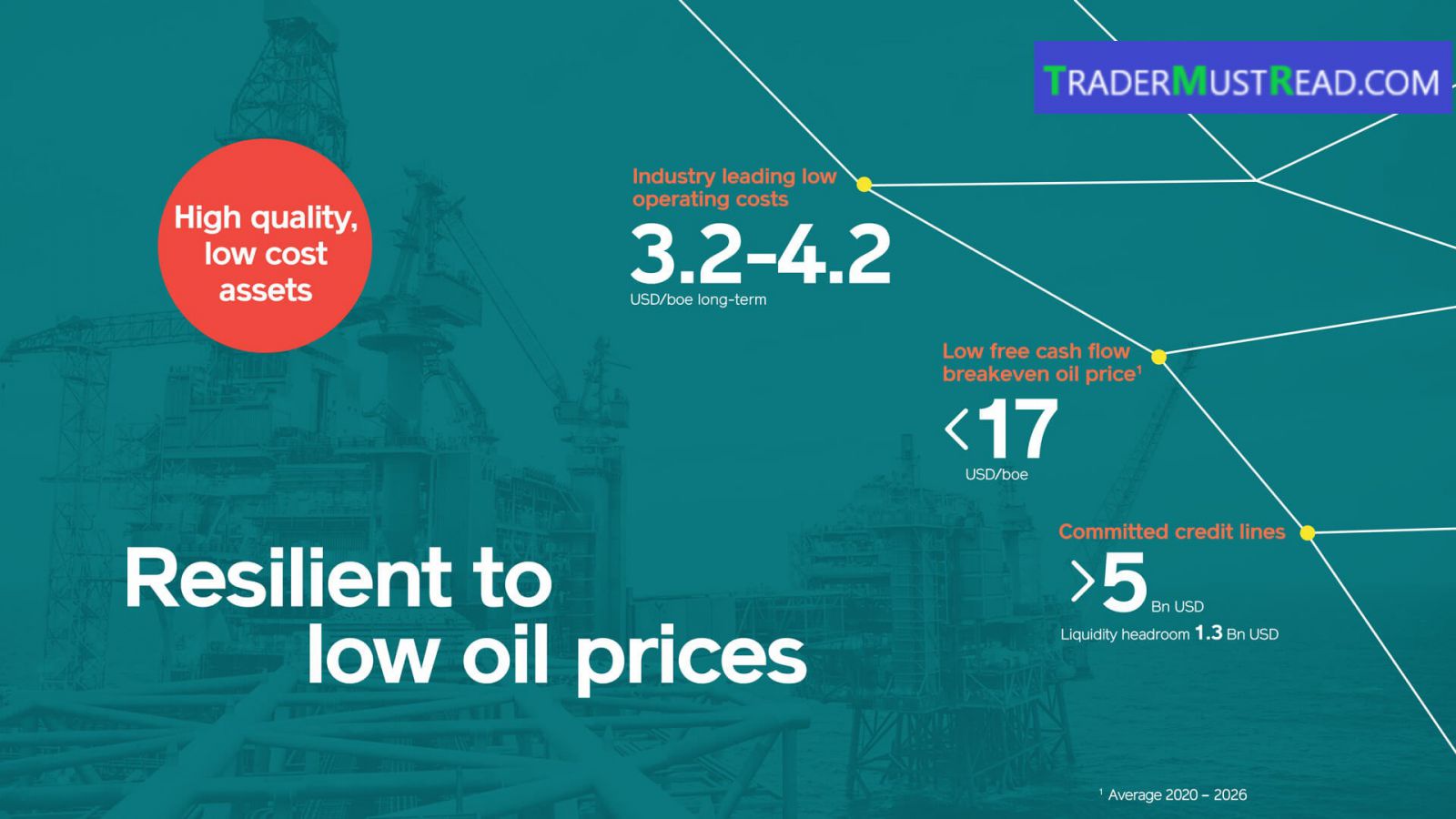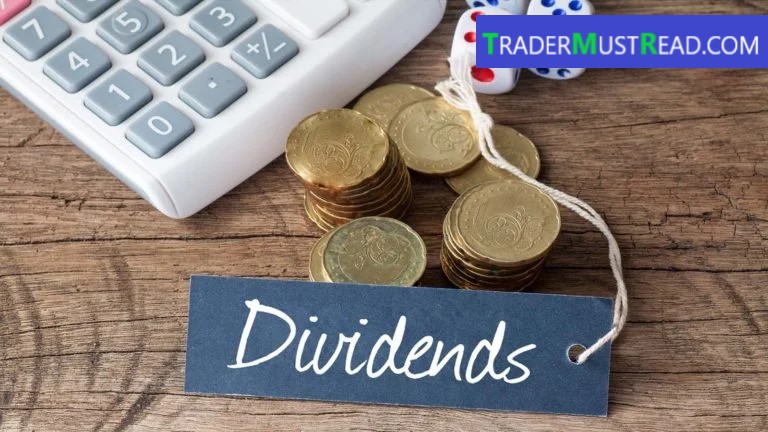During these days, you may wonder what people are worried. People are worried about oild asset liquidity and dividends. Let's have an analysis with Matt Levine - an expert at Bloomberg.
People are worried about oil asset liquidity
An occasional theme of this column in the last few months is that a giant economic crisis is bad for liquidity for simple intuitive reasons, not weird technical ones. When things are bad and uncertain, fewer people want to buy stuff, but meanwhile people who want to sell stuff still wish they could get the prices they would have gotten before the crisis. There are fewer trades, and bid/ask spreads—the gap between what sellers want and what buyers offer—are wider. People often write about liquidity as an arcane technical feature of market structure, and blame regulation or robots when it dries up, but you really do not need to look for some secret glitch in market functioning to explain the lack of liquidity these days. People just don’t want to buy stuff; that’ll do it.

Anyway liquidity in oil-asset divestitures is bad:
- Before Covid-19 and the oil-price rout, most of the world’s biggest energy companies had planned to sell billions in assets to help pay down debt and maintain dividends. Now, those divestment programs are in jeopardy.Since the start of the year, BP PLC, Exxon Mobil Corp. and Occidental Petroleum Corp. have had major asset sales restructured or delayed indefinitely as coronavirus lockdown restrictions decimated energy demand and oil prices fell by two-third
- Oil companies have moved to slash costs and spending as prices have plunged. In the most extreme cases, some have cut dividends. Many leadership teams in the industry had previously seen asset sales as a way to strengthen finances but their options are narrowing as buyers focus on conserving cash and banks rein-in deal financing as the possibility of a global recession becomes more likely.
- “There’s massive uncertainty on what the world’s going to look like post this virus and what it means for oil and gas prices, so buyers will be hesitant to commit capital,” said Biraj Borkhataria, co-head of European energy research at RBC Capital Markets.
- As oil prices stabilize, analysts say companies looking to raise dividends or accelerate their transitions to lower carbon energy will have to make hard decisions about whether to sell assets in a buyer’s market.
“Massive uncertainty” is bad for getting buyers to commit capital, but it's also bad for getting sellers to sell assets. If you just knew that oil prices would be $15 per barrel forever, then you’d find buyers to pay that price, and sellers would grudgingly adjust. But the problem is when oil prices are low and no one knows if or when they might get higher; buyers will only pay low prices, but sellers will hold out for higher ones.

People are worried about dividends
A good basic rule of bank regulation is that bank capital requirements should be countercyclical, high in good times and low in bad times. In good times, banks should build up capital, both because they can (times are good and earnings are high) and because the good times might end: When things go bad, banks’ assets will lose value, which will reduce their capital. In bad times, banks will naturally have less capital (their assets lost value); if they have to keep the same ratio of capital to assets, they will respond by shrinking assets, that is, by lending less. You don’t want banks to pull back from lending in a crisis. So you make the capital requirements high in good times, so that they can afford to be lower in good times.

In the coronavirus crisis bank regulators have generally done a good job of this. Capital requirements were relatively high before the crisis, as stress tests required banks to have capital buffers in case things went wrong. Once the crisis hit, requirements were relaxed and buffers reduced so that banks could lend more.
There is an oddity though. The stereotypical way that banks respond to capital requirements is that if they have too little capital, they reduce assets: They stop lending and sell securities until they get the correct ratio of capital to assets. (That is, they reduce the denominator of the capital ratio.) If they have too much capital—if they are way above the requirements—then they reduce capital: They increase dividends and do stock buybacks to return capital to investors. (That is, they reduce the numerator.) And so the Federal Reserve’s stress tests were, in the good years, more or less a test of how much stock banks could buy back: If a bank was well above the Fed’s stressed capital requirements, it would hand the money back to shareholders through buybacks and dividends. If the bank was below the requirements, or worried that it might be, its executives would go around complaining that the capital requirements restricted lending.
That was in the good times. In the bad times the capital requirements have been relaxed so that banks can keep lending. But on the stereotypical view, if the capital requirements are relaxed, won’t banks just do more buybacks and dividends? Isn’t that how banks respond to lower capital requirements?
Anyway here’s a staff brief from the Financial Stability Institute of the Bank for International Settlements on “Banks’ dividends in Covid-19 times”:
- The current crisis presents authorities with two challenges: they need to ensure that firms have sufficient resources to support the real economy, and they need to ensure that these resources are put to that use. To achieve the first objective, authorities have recommended that firms use their capital buffers, and have relaxed capital requirements in various ways, including by reducing CCyB rates to zero, reducing RWA or adjusting leverage ratio calculations.
- Yet capital relief alone does not ensure that all available resources will be deployed as intended by supervisors. To achieve this second objective, a number of supervisory authorities have imposed restrictions on capital distributions. Those restrictions are a natural complement to the relaxation of capital requirements, as they induce banks to devote as much resources as possible to absorbing losses and maintaining lending levels. Moreover, by suspending or severely limiting all distributions, the restrictions may contribute to a more socially acceptable sharing of the overall costs of the pandemic (Carstens (2020)). At the same time, supervisors need to weigh the potential market impact of any action taken that could affect the remuneration of capital instruments.
One point here is that if you lower capital requirements to spur lending, you have to explicitly remind banks not to just blow it all on dividends. Another point is that if you are worried about a financial crisis, suspending all banks’ dividends might be better than allowing really well-capitalized banks to keep paying them: The point is not just to optimize each bank’s capital, but to avoid panic, and if some banks cut dividends and others don’t then investors might get nervous about the ones that do. A third point is that you want banks to be able to raise capital, and cutting the payments on capital instruments—making banks stop paying their preferred-stock dividends, for instance—might make it harder for them to raise capital in the future.



















































